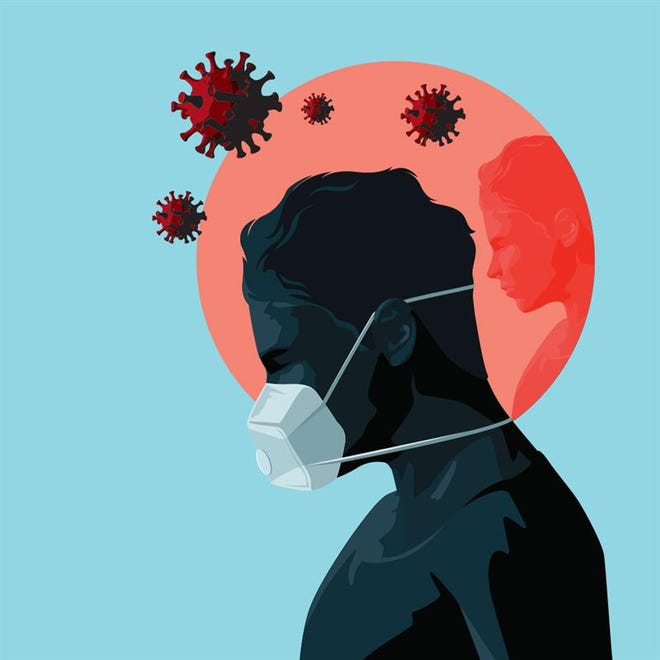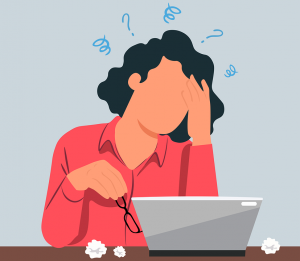Covid-19’s Effects On Physical And Mental Health
November 17, 2020
2020 has been most of the unreal and shocking years in history because of the impact COVID-19 had on the world and the United States. Now that we know more about the virus, we understand how it can impact both a person’s physical and mental health. The scary thing about the virus is that you truly do not know where you caught it from because the virus has a tendency to not display any symptoms from 2-14 days after you have caught it. Within those 2-14 days you may have seen family, gone to the store, or gone to a party with friends, and it leaves you wondering where you got in from.
When an individual catches the virus, the onset happens super fast and many have reported that one of the first symptoms is having a cough and chest tightness. Once that happens, that is when the rest of the symptoms hit you like a ton of bricks. The most common symptoms reported are fever or chills, fatigue, body aches, and the most unusual one is having a loss of taste and smell at the same time. Although other symptoms have been reported, these are the most common.
The Coronavirus disease also has mental health impacts that are experienced by many people during the pandemic. According to the CDC, “Public health actions, such as social distancing, can make people feel isolated and lonely and can increase stress and anxiety.” But if you are a person that was actually affected by the disease, it can cause confusion, loss of memory, or brain fog. In an article in UCLA Health, Erin Kaseda reports that, “People who have recovered from COVID-19 sometimes experience lingering difficulties in concentration, as well as headaches, anxiety, fatigue or sleep disruptions. Patients may fear that the infection has permanently damaged their brains, but researchers say that’s not necessarily the case.”
Many doctors believe that persistent cognitive, and emotional difficulties among Covid-19 survivors is due to the body’s immune response to the virus that does not shut down or inflammation in blood vessels leading to the brain.
The Journal of infection reported that, “120 patients that have been hospitalized found that 34 percent had memory loss and 27 percent had concentration problems months later.”
Doctors have recommended taking vitamin supplements while you are recovering from COVID-19 to help you recover faster.
It has been a very rough year for everyone, including COVID-19 victims and non-victims. It has done a lot of damage to many families physically and mentally with things like losing family members or just having to stay away from people that you are closed to for quite a while. As much as you want to be around people, you just never know where you may catch it and spread it. But you should always be diligent and take extra precautions when going around people and you should always be socially distanced by six feet and never let your guard down.







